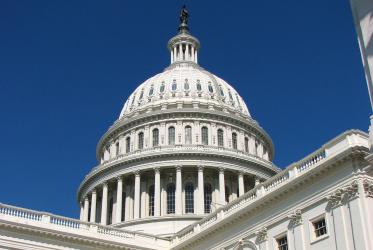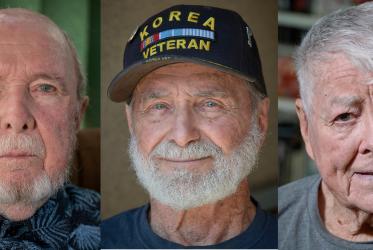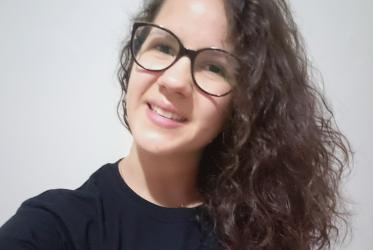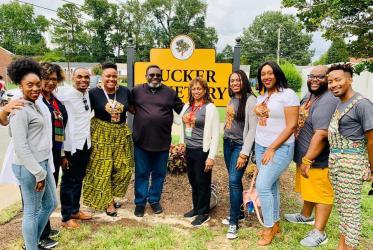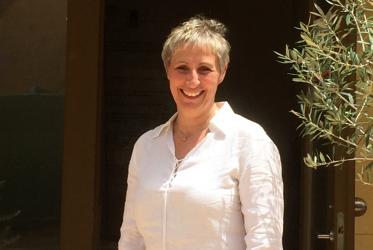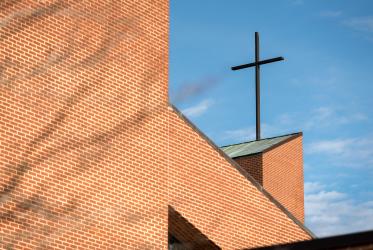Displaying 1 - 20 of 72
Brazilian churches call for transformative racial justice
23 November 2020
WCC condemns attack at Hanukkah celebration in New York City
29 December 2019
Larissa Aguiar Garcia: "We're opening a safe space”
26 September 2019
Dr Saïd Ailabouni: God is on the side of rejected, oppressed, occupied
12 September 2019
Peacemakers at work in Sri Lanka
29 April 2019






